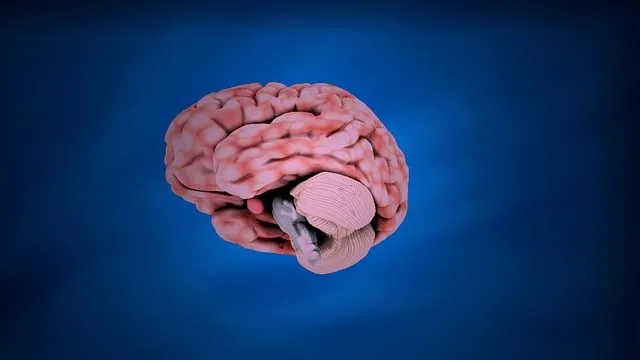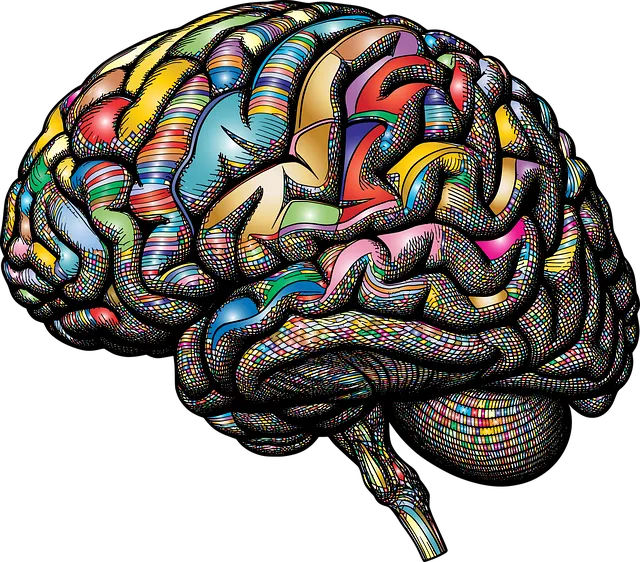Lone Tree Kaiser Permanente's behavioral health number provides tailored Social Skills Training (SST) to address social impairments caused by mental health conditions, enhancing well-being and relationships. SST integrates emotional intelligence development, self-esteem building, and crisis intervention through workshops and therapy sessions. This holistic approach empowers individuals with confidence in social situations, reducing stigma, improving communication, and fostering a sense of belonging, ultimately improving mental health outcomes.
Social skills training is a transformative tool within mental health treatment, particularly recognized by Lone Tree Kaiser Permanente behavioral health professionals. This comprehensive guide explores the intricate link between social interactions and mental well-being, highlighting challenges faced by individuals with various conditions. We delve into the therapeutic benefits of structured training, offering practical strategies for development. From understanding societal norms to cultivating empathy, these techniques empower patients, fostering meaningful connections and enhancing overall mental health, accessible through Lone Tree Kaiser Permanente’s dedicated behavioral health services.
- Understanding the Link Between Social Skills and Mental Health
- Identifying Challenges: Social Interaction and Mental Health Conditions
- The Role of Social Skills Training in Behavioral Health Treatment
- Strategies for Effective Social Skills Development and Practice
Understanding the Link Between Social Skills and Mental Health

In many cases, mental health conditions can significantly impact an individual’s ability to navigate social interactions and maintain healthy relationships. This is where Lone Tree Kaiser Permanente behavioral health services step in, offering specialized training and support tailored to these needs. Understanding the intricate link between social skills and mental well-being is a pivotal aspect of effective treatment.
The integration of Social Skills Training (SST) within Mental Health Education Programs Design has proven beneficial. By teaching individuals positive thinking strategies and encouraging the development of self-care routines, SST empowers them to confidently engage in social environments. This approach not only enhances their overall mental health but also fosters a sense of belonging and connection, which is essential for recovery and personal growth.
Identifying Challenges: Social Interaction and Mental Health Conditions

Social interactions can pose significant challenges for individuals living with mental health conditions, often exacerbating existing symptoms and hindering recovery. Many mental health disorders affect a person’s ability to interpret social cues, empathize with others, and engage in meaningful conversations, leading to feelings of isolation and further distress. For instance, someone with anxiety disorders might struggle with initiating or maintaining eye contact, while individuals with depression may exhibit withdrawn behavior or find it difficult to express their emotions. These social difficulties can severely impact daily life, affecting both personal relationships and professional interactions.
At Lone Tree Kaiser Permanente behavioral health number, we understand these challenges and offer specialized Social Skills Training tailored to address them. Our programs focus on enhancing Emotional Intelligence, promoting Self-Esteem Improvement, and providing Crisis Intervention Guidance. Through interactive workshops and therapeutic sessions, individuals learn effective communication strategies, assertiveness skills, and coping mechanisms to navigate social situations with greater confidence. This holistic approach aims to empower those affected by mental health conditions, enabling them to foster meaningful connections and lead more fulfilling lives.
The Role of Social Skills Training in Behavioral Health Treatment

Social Skills Training plays a pivotal role in enhancing the effectiveness of behavioral health treatment, especially at Lone Tree Kaiser Permanente. It goes beyond mere medication or therapy by empowering individuals with essential tools to navigate social interactions successfully. This training is crucial for managing mental health conditions like depression, where social isolation can exacerbate symptoms. By learning effective communication strategies and building confidence in social settings, patients can improve their relationships and overall well-being.
Furthermore, this approach significantly contributes to the reduction of stigma associated with mental illness. Through group activities and role-playing scenarios, individuals learn to appreciate diverse perspectives, fostering an environment of understanding and support. Incorporating Self-Care Routine Development for Better Mental Health is integral to this process, as it teaches coping mechanisms that go beyond professional settings, enabling folks to manage their conditions more independently.
Strategies for Effective Social Skills Development and Practice

Social skills training plays a pivotal role in managing mental health conditions, offering individuals practical tools to navigate social interactions with confidence. At Lone Tree Kaiser Permanente behavioral health number, experts emphasize structured yet flexible strategies for effective development and practice. One such approach involves setting specific, achievable goals tailored to individual needs, whether it’s improving eye contact during conversations or mastering small talk.
Mentors often utilize role-playing exercises, providing safe spaces for clients to experiment with newly learned skills without fear of judgment. Incorporating these practices into daily routines fosters adaptability and resilience. Additionally, integrating social skills training within the context of Risk Management Planning for Mental Health Professionals ensures comprehensive care. By addressing social challenges proactively, mental health professionals can contribute to Mental Illness Stigma Reduction Efforts, ultimately enhancing patient outcomes through improved communication and connectedness in their Mental Wellness Podcast Series Production.
Social skills training plays a pivotal role in enhancing mental well-being, especially for individuals managing conditions like anxiety or depression. By addressing social interaction challenges, this approach becomes an integral part of holistic behavioral health treatment at Lone Tree Kaiser Permanente. Through practical strategies and effective development techniques, those seeking support can improve their connections and overall quality of life. For more information on how to access these services, contact the Lone Tree Kaiser Permanente behavioral health number.






